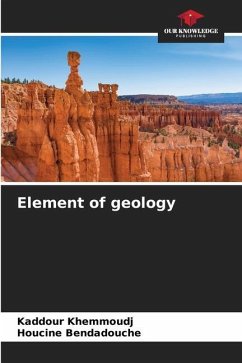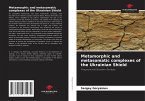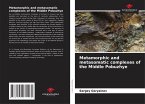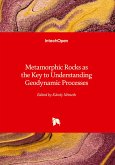The oldest disciplines of geology in its modern sense - petrology, stratigraphy, paleontology - date from the 17th and 18th centuries. Others are much more recent and developed in the 19th and 20th centuries - seismology, geochemistry, geophysics, marine geosciences, oceanography, climatology, hydrology. Geology is a passion. Over the past sixty years, it has also become a profession. The geologists of the past have endeavored to understand our globe through surface observations, and their work has been remarkable, leading to an almost complete description of the Earth, especially continental. But 1912, marks the beginning of a new era. It is the date of the publication by the meteorologist and amateur geologist Alfred Wegener of his theory of continental drift. Geology is intended to describe the planet Earth and to explain the processes that drive it. Geology is first and foremost a science, which means that it relies on observations and calculations to develop models or theories. It is based on its own principles as well as on the laws of physics, chemistry and mathematics.
Bitte wählen Sie Ihr Anliegen aus.
Rechnungen
Retourenschein anfordern
Bestellstatus
Storno








